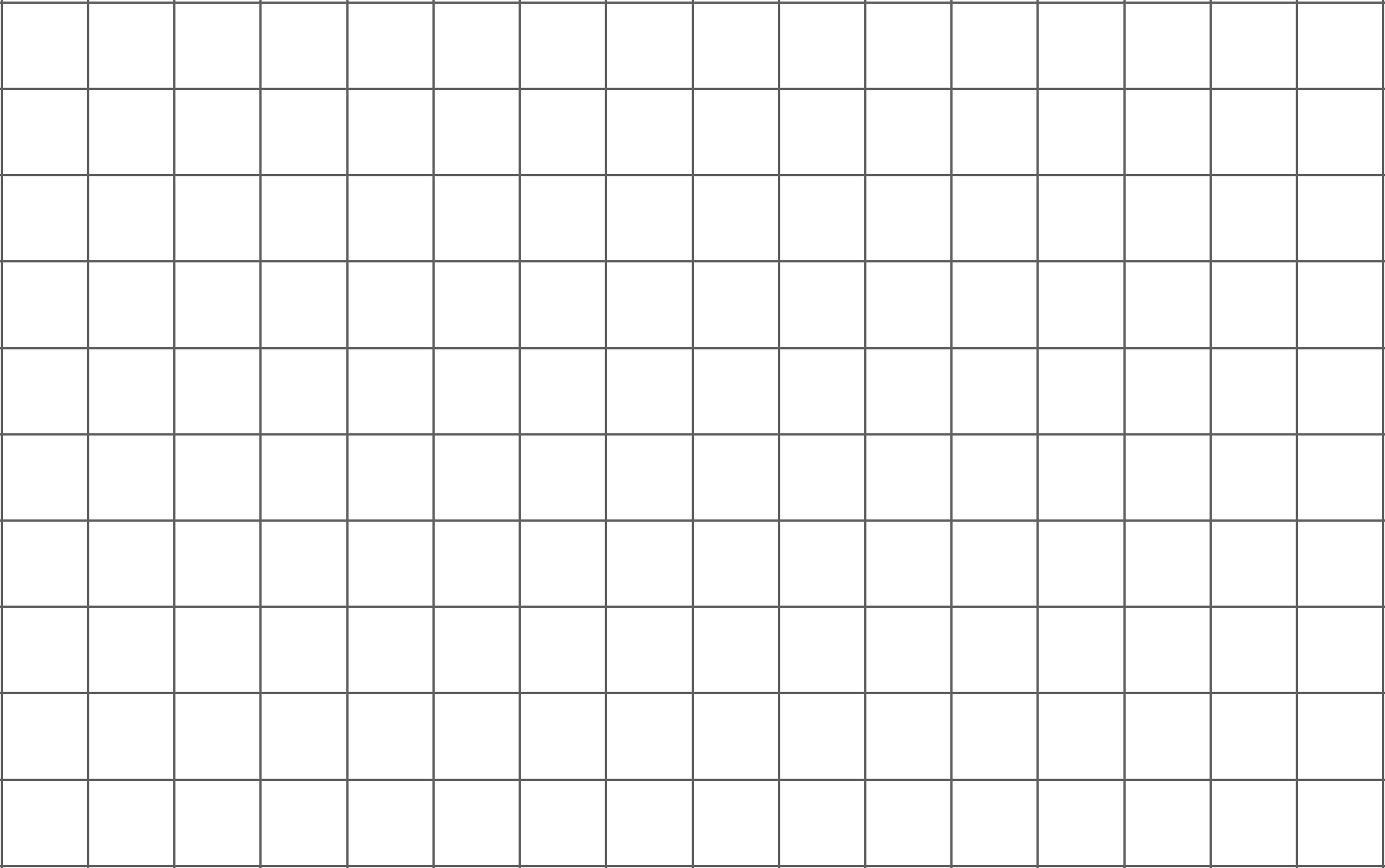Lesson 4
Introducing Double Number Line Diagrams
Problem 1
A particular shade of orange paint has 2 cups of yellow paint for every 3 cups of red paint. On the double number line, circle the numbers of cups of yellow and red paint needed for 3 batches of orange paint.

Solution
For access, consult one of our IM Certified Partners.
Problem 2
This double number line diagram shows the amount of flour and eggs needed for 1 batch of cookies.

- Complete the diagram to show the amount of flour and eggs needed for 2, 3, and 4 batches of cookies.
- What is the ratio of cups of flour to eggs?
- How much flour and how many eggs are used in 4 batches of cookies?
- How much flour is used with 6 eggs?
- How many eggs are used with 15 cups of flour?
Solution
For access, consult one of our IM Certified Partners.
Problem 3
Here is a representation showing the amount of red and blue paint that make 2 batches of purple paint.
- On the double number line, label the tick marks to represent amounts of red and blue paint used to make batches of this shade of purple paint.

- How many batches are made with 12 cups of red paint?
- How many batches are made with 6 cups of blue paint?

Solution
For access, consult one of our IM Certified Partners.
Problem 4
Diego estimates that there will need to be 3 pizzas for every 7 kids at his party. Select all the statements that express this ratio.
The ratio of kids to pizzas is \(7:3\).
The ratio of pizzas to kids is 3 to 7.
The ratio of kids to pizzas is \(3:7\).
The ratio of pizzas to kids is 7 to 3.
For every 7 kids there need to be 3 pizzas.
Solution
For access, consult one of our IM Certified Partners.
(From Unit 2, Lesson 1.)Problem 5
- Draw a parallelogram that is not a rectangle that has an area of 24 square units. Explain or show how you know the area is 24 square units.

- Draw a triangle that has an area of 24 square units. Explain or show how you know the area is 24 square units.

Solution
For access, consult one of our IM Certified Partners.
(From Unit 1, Lesson 5.)